Indian Ocean yellowfin tuna is overfished with overfishing continuing to occur. The Indian Ocean Tuna Commission (IOTC) held an abbreviated remote meeting in November 2020 and agreed to hold a special session from 8th -12th March 2021 to discuss measures to rebuild yellowfin tuna stocks in the Indian Ocean.
It is critical that yellowfin stocks be addressed during this special session for two reasons:
- The current measure is interim and therefore must be renewed or revised this year.
- The existing measure did not provide for catch reductions that aligned with management advice from the Science Committee to rebuild the stock to a sustainable level. Moreover, poor compliance with the measure further undermined the effectiveness of the measure to achieve the rebuilding objective.
The Global Tuna Alliance, the Tuna Protection Alliance (TUPA) and the additional signatory below, have stated that the most effective way to reach an agreement at this meeting is for an IOTC Contracting and Cooperating Non-Contracting Party (CPC) to present a draft resolution that specifies how the yellowfin stock could be rebuilt in two generations.
We are pleased to see two interim plans for rebuilding the Indian Ocean yellowfin tuna stock have been submitted to the Special Session: one by the EU and the other by the Maldives. We applaud the leadership shown by these two CPCs.
We are calling for an overall 20% cut in catch compared to 2014 levels (which would be 323,004mt). The EU and the Maldives proposals would lead to 2021 catches of 378,130mt (6.3% reduction compared to 2014) or 346,438mt (14.2% reduction compared to 2014) respectively. Although, we consider the proposals submitted by EU and Maldives as starting points for discussion, and while the Maldives proposal is much closer in line with our position in terms of catch reductions required, neither should be regarded as end points. We would therefore encourage CPCs to ensure that the special session discussions enthusiastically embrace this opportunity to rebuild and effectively manage the yellowfin tuna resources in the Indian Ocean.
In addition to impactful cuts, we seek catch reductions which are proportionate and equitable. It can be argued that the Maldives proposal is not proportionate and equitable due to the heavy focus on purse seine reductions. Finding consensus and agreement between the major purse seine CPCs and those utilising other gears will be key for a successful outcome. However, we welcome the distinction in cut levels between developed, and developing and least developed CPCs, in the Maldivian proposal.
The current yellowfin tuna rebuilding plan allows those countries that exceed catch limits to be exempted from the application of the reductions if they have fishing vessels <24m LOA operating within their EEZ. The Maldivian proposal is aligned with our asks on exemptions with measures applying to all fishing vessels targeting tuna in the Indian Ocean.
Finally, we are calling for strengthened sanctions for non-compliance. The Maldivian proposal is aligned with our asks on compliance by seeking to strengthen the penalty, compliance and monitoring mechanisms, particularly on over-catching.
Finally, although we did not seek it, the Maldivian proposal for CPCs to be able to choose to compensate for over-catch of one gear/fleet with a higher reduction from another gear/fleet of that CPC, while keeping within its overall catch limit for that particular year, is welcomed by us. This flexibility should prove helpful to developing and least developed CPCs.
Signed The Global Tuna Alliance, Tuna Protection Alliance and Hy-Vee
